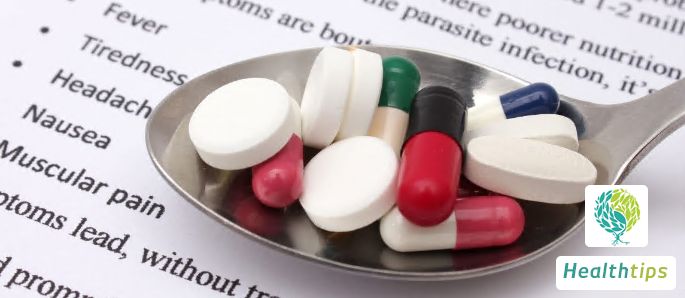Why Do I Have Soreness in My Upper Arm Muscles?
Upper arm muscle soreness is usually related to exercise. Vigorous exercise, heavy labor, and other activities can easily cause soreness in the upper arm muscles. This soreness is associated with biochemical metabolism, and lactic acid accumulation can cause muscle soreness. However, it usually recovers within a short period. Rest, massage, or heat therapy can help improve the condition. There are many other causes of upper arm muscle soreness besides the ones mentioned above. Let's take a closer look at what might be causing it.

Upper arm muscle soreness can be caused by excessive exercise, repeatedly performing the same movement or maintaining a fixed posture for a long time, cervical spondylosis, tenosynovitis, synovitis, and other conditions. Excessive exercise can lead to lactic acid deposition in the local muscles, which is difficult to metabolize and can cause muscle soreness. This is commonly seen in people who suddenly engage in physical activities after a long period of inactivity. Repetitive movements or maintaining a fixed posture, such as working at a computer for extended periods or using a mouse, can also lead to local blood circulation issues and muscle soreness.
Cervical spondylosis, degenerative changes in the cervical spine, or bone hyperplasia can cause nerve compression, often accompanied by muscle soreness and numbness. Tennis elbow, or tendinitis, is inflammation of the tendon tissue surrounding the elbow joint. Similar conditions can also occur in the knee joint. Bursitis can cause pain in the arm, which is easier to identify because it often presents with symptoms such as heat, sensitivity (pain with light touch), and swelling in the elbow.
Upper arm muscle soreness is often related to exercise, such as intense physical exercise or heavy manual labor. It is associated with biochemical metabolism, and lactic acid accumulation can lead to muscle soreness. However, this soreness usually resolves within a short period. Persistent soreness requires identification of the underlying cause.
In traditional Chinese medicine, invasion by wind, cold, and dampness is believed to cause muscle soreness. Such conditions require diagnosis and treatment by rehabilitation, pain management, and physical therapy departments. It is especially important to seek medical attention for unexplained or non-lifestyle-related arm soreness and receive treatment from a specialized doctor.
While most muscle soreness resolves quickly, it is still important to take preventive measures as it can be an unpleasant experience. Preventive measures include maintaining a balanced diet, supplementing the body with nutrients to enhance resistance, and choosing moderate aerobic exercises instead of excessive or vigorous ones to avoid muscle strain.



















